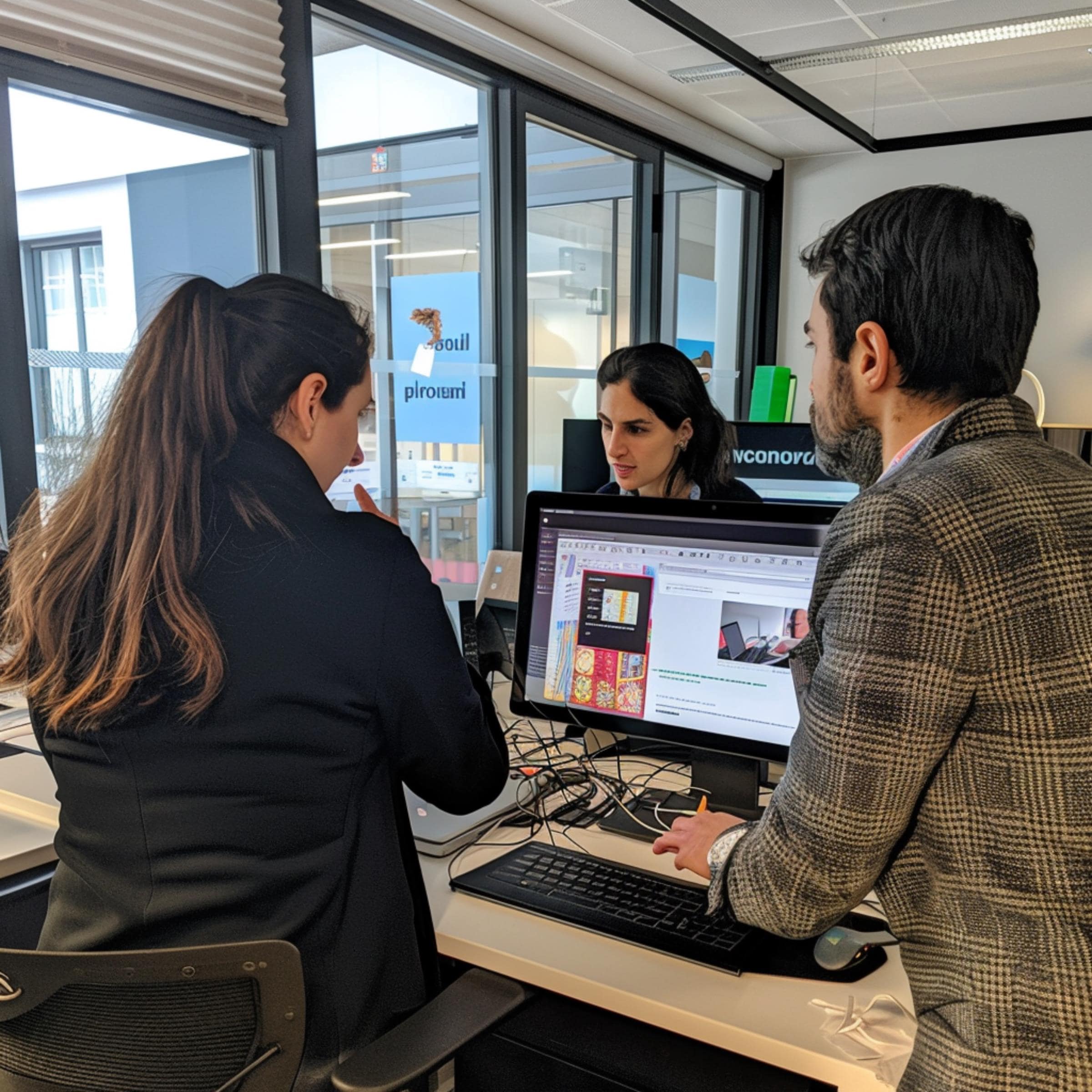Paid vs Organic Social Media Promotion for Events
Social media is one of the most powerful tools for promoting events, but when it comes to driving engagement and attendance, should you focus on organic efforts or invest in paid campaigns? Both approaches have their strengths and limitations, and understanding the difference can help you create a winning strategy for your next event.
What is Organic Social Media Promotion?
Organic social media promotion refers to the free methods of engaging your audience through posts, stories, videos, and interactions without spending money on advertisements. This strategy relies on building a loyal community by sharing valuable and engaging content that resonates with your target audience. For event promotion, organic content includes regular updates about the event, speaker highlights, behind-the-scenes glimpses, countdowns, and user-generated content. Organic marketing helps build trust and authenticity, which is essential for long-term audience relationships. However, the reach of organic content is often limited due to changing algorithms and competition for attention.
What is Paid Social Media Promotion?
Paid social media promotion involves spending money to boost your content or run targeted ads on platforms like Facebook, Instagram, LinkedIn, and Twitter. With paid ads, you can target specific demographics, locations, and interests, ensuring your event promotion reaches the right audience quickly. Paid campaigns are highly effective for generating registrations, ticket sales, and immediate visibility. They offer measurable results and allow for precise budget control. The downside is that paid campaigns require investment, and without proper strategy and creative content, the return on investment (ROI) can be low.
Which Strategy Works Best for Event Promotion?
Both paid and organic social media promotion play crucial roles in a successful event marketing plan. Organic content helps build credibility, keeps your audience informed, and creates an ongoing conversation around your event. Paid promotion, on the other hand, amplifies your reach, accelerates visibility, and drives conversions in a shorter time frame. The most effective approach is to combine both. Use organic content for consistent engagement and storytelling while leveraging paid ads for targeted campaigns and boosting critical posts like event announcements, ticket sales, and last-minute promotions.
Conclusion
Paid and organic social media strategies are not competitors—they complement each other. Relying solely on organic promotion may limit your reach, while focusing only on paid ads may miss the opportunity to build authentic connections. By integrating both strategies, you can maximize visibility, attract the right audience, and ensure the success of your event. Start planning your social media strategy early, create engaging content, and strike the perfect balance between paid and organic promotion to make your next event a big success.














Post Comment